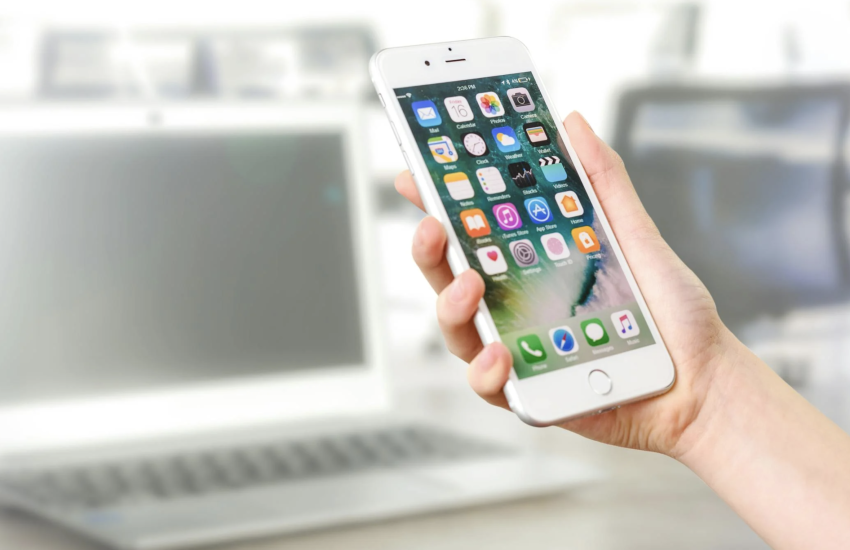5 Ways to Prevent Twitter Hacking
Remember when Burger King’s Twitter account was hacked last February? That was probably one of the most embarrassing Twitter hacks to happen this year, especially with the hackers “claiming that the fast food chain had been bought out by McDonald’s.” Of course, that’s considerably tame compared to how said hackers tweeted about “the on-the-clock drug use of employees in Burger King bathrooms.” And while some would find this incident funny, we would bet every dollar we have that these people would think otherwise when it’s their own social media accounts that are being hijacked. Now, if you too are worried about your Twitter account being compromised, here are some strategies that you could employ to protect your account from being hacked.
#1 Beware of poisoned tweets.
Have you ever received a Direct Message (DM) on Twitter from a friend and, for some reason, it just doesn’t sound like him/her? Maybe the message goes like “Hey, someone is making really bad blogs about you here” or “LOL Look at this” or “Check out The Next Diet Miracle.” And when you click on the link that usually comes with these messages, you are suddenly taken to a site that may or may not be set up to steal your personal information. Clicking these links (poisoned tweets) may also cause your account to send the same suspicious DM to your followers, which then creates a cycle of spamming. Bottom line: don’t click on links from Twitter accounts willy-nilly to avoid making your account vulnerable to hackers.
#2 Limit third-party access.
Did you know that many websites, apps, and plug-ins use open API (application programming interface), which “allows users to log in with a password from, say, Twitter, Google or Facebook, and connect that account with another?” For example, by linking your Twitter account to HootSuite or TweetDeck, you can just post tweets from your mobile device or desktop without having to remember several different passwords. The problem with this approach is that when you allow third-party applications—whether these are games or not—there’s always that risk that you are making your account “tempting” to hackers. Always think twice before you allow third-party apps access to your Twitter account.
#3 Use unique passwords.
It goes without saying that you should change passwords early and often. And this applies not just to your Twitter account, but also to your e-mail, Facebook account and other platforms that may be considered as hacking targets. A good password will usually contain random letters and numbers and should not be so obvious that even a non-hacker would be able to guess it. For instance, let’s say you are asked to create an official Twitter account for a voip service (read more) company called CompanyXYZ. Would you use a CompanyXYZ123 or CompanyXYZPW as a password? Of course not. And while we’re on the subject, it’s better too if you don’t use the same password for all your social media accounts, even if you are quite confident that you have created a non easy-to-guess password.
#4 Don’t stay logged in on a mobile device.
It’s understandable that you sometimes have to tweet from a mobile device, especially when you’re always on the go. But how sure are you that your phone will never get lost or stolen? The thing is, nobody’s 100 percent sure that their smartphone will remain secure just because they want it to be so. This is why, time and again, we get news about naked celebrity pictures and other sensitive information that could have stayed hidden if owners just remember to practice smartphone security measures. When it comes to tweeting, it’s good to remember to always log out of the app when you’re done. You can also insure your device for theft, accidental damage, repair, and replacement.


















